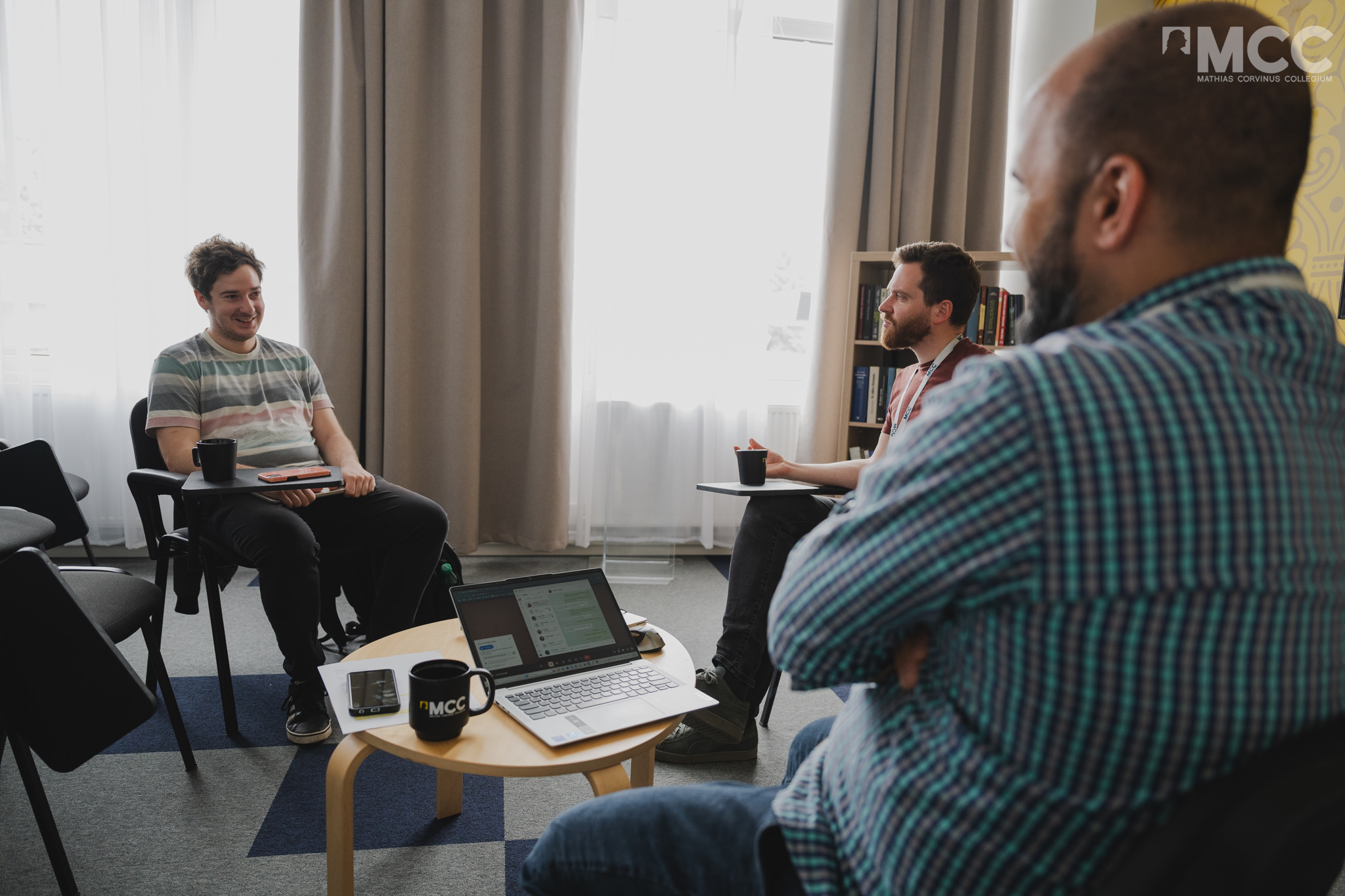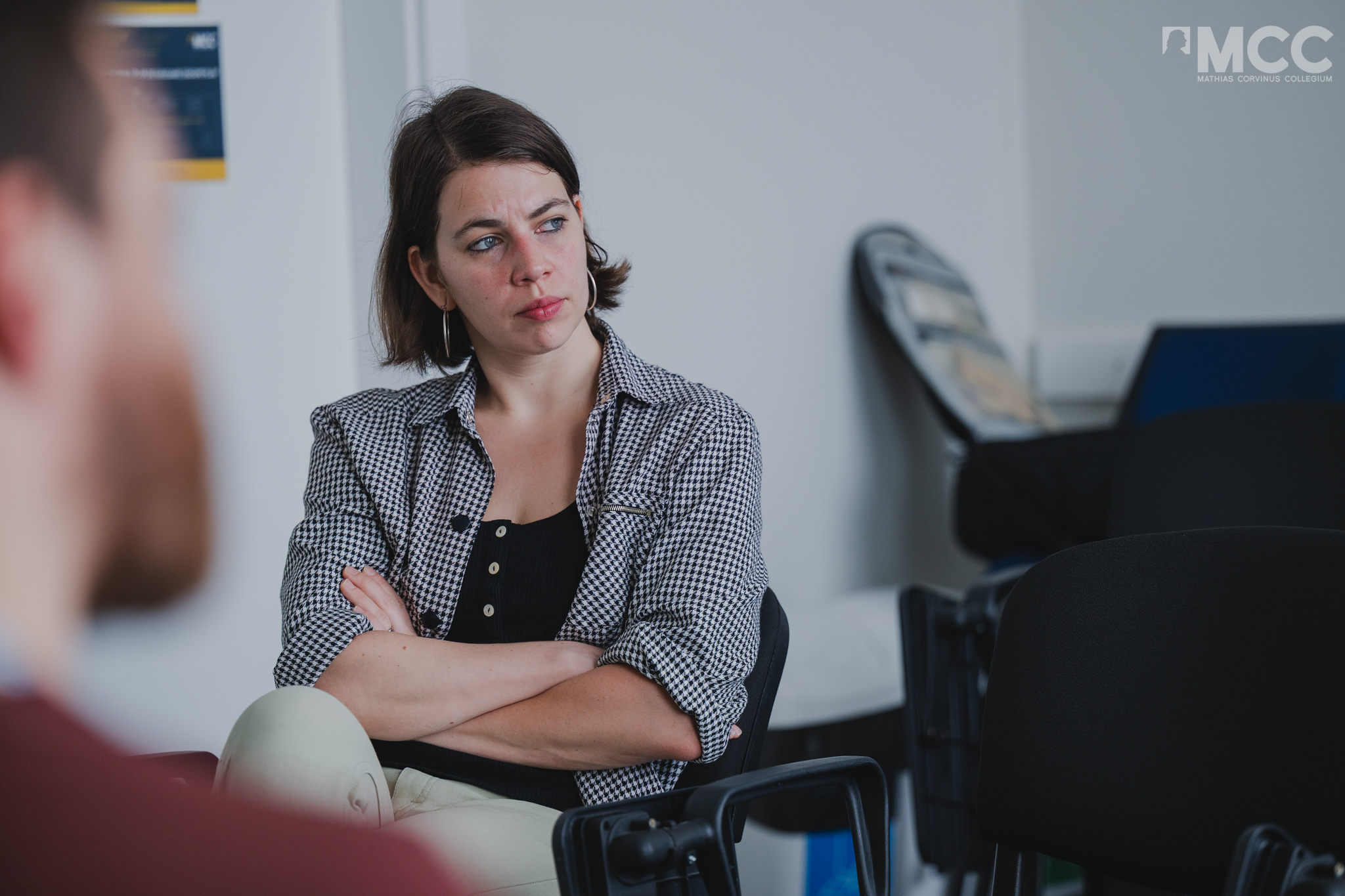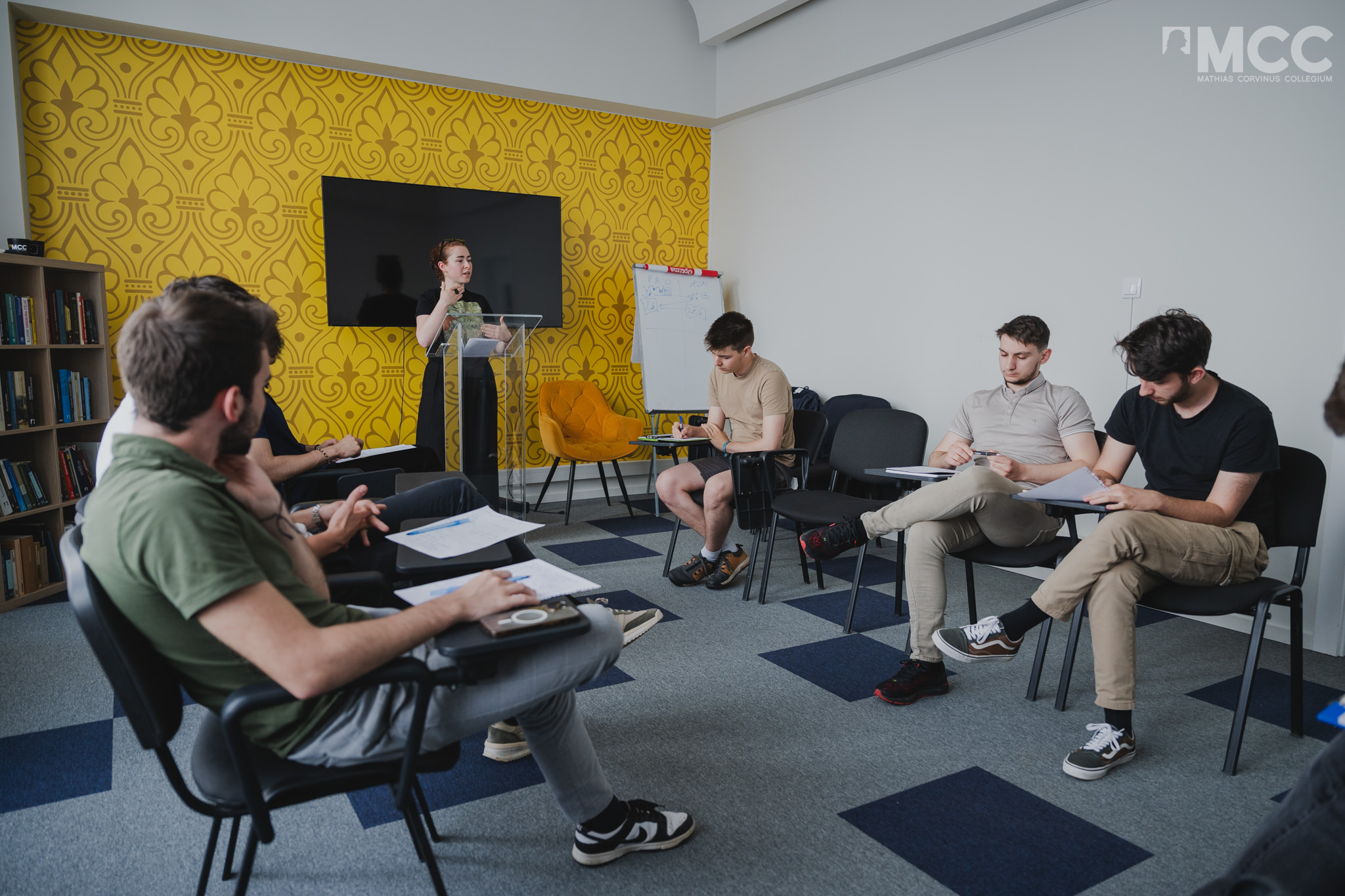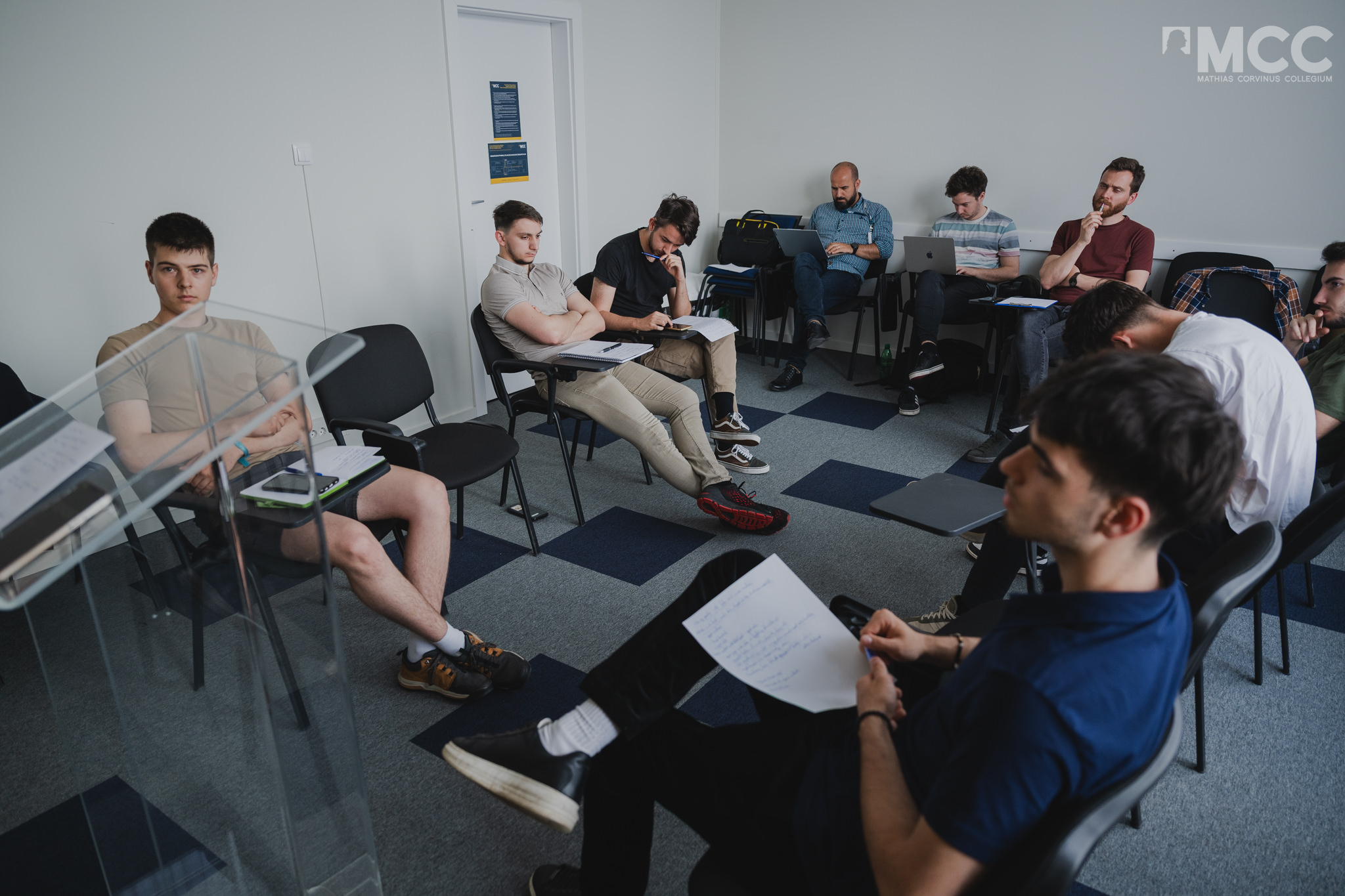In May, the partners of the Debating for Diversity project came together – both in person and online – for a working meeting that proved to be as inspiring as it was productive. Hosted in Cluj-Napoca, the gathering once again showed how international cooperation can flourish even in the face of challenges.

From Slovenia, Rok travelled to Cluj and joined the team on site, while Katarina, representing our Serbian partner, had to remain at home due to the ongoing unrest in Serbia. Yet distance was no barrier: she joined online, fully engaged in discussions and bringing her perspective into every decision.

Planning Ahead: The Forum and the Handbook
The meeting focused on the exciting months ahead. Together, the partners discussed the details of the upcoming International Debate Forum in Slovenia – from the structure of workshops to the selection of topics that will resonate most with young debaters.
Another key point was the Handbook on Organizing Debate Sessions, a publication designed to serve as a practical guide for schools, universities, and youth organizations that want to introduce debating into their activities. Every partner contributed insights from their own national experiences, making sure the handbook reflects diverse approaches while staying useful and accessible.
Experiencing Debate First-Hand
During his visit, Rok also had the chance to take part in a debate organized at MCC. Seeing the Romanian students in action was a moment of shared pride for the team. It confirmed that the project’s goals are truly taking root: students are learning to express themselves, challenge each other respectfully, and engage with complex issues in a thoughtful way.
 As the partners shared updates on their local debate sessions, one discovery stood out. While debating as an educational tool is still in its early stages in all three participating countries, the Slovenian team highlighted their valuable connections with Italy, where debate has already been institutionalized in schools.
As the partners shared updates on their local debate sessions, one discovery stood out. While debating as an educational tool is still in its early stages in all three participating countries, the Slovenian team highlighted their valuable connections with Italy, where debate has already been institutionalized in schools.
This cross-border knowledge is more than just inspiring – it is practical. By learning from Italy’s example, the partners are beginning to imagine how debating could one day become a regular part of school life in Romania, Slovenia, and Serbia too.
More Than a Meeting
What might have looked like just another project coordination session turned into something much more: a moment of genuine exchange, encouragement, and vision. Despite political unrest, despite cultural and linguistic differences, the partners once again proved that they share a common mission – to empower young people through the art of debate.

As the group left the meeting – some logging off from their laptops, others walking out into the streets of Cluj – one thing was certain: the work ahead is ambitious, but together, they are building the foundations of a culture where every young voice matters.